Holistic Doggie Fibre supplement for dogs with bentonite clay.
Holistic Doggie Fibre supplement for dogs supports normal digestion in dogs. It contains soluble and insoluble fibre, probiotics, prebiotics, and bentonite clay. Providing enough fibre in a pet’s diet helps support normal digestive function, balance levels of water in the intestines and firms up faecal matter. Adequate fibre can also reduce the need for anal gland emptying as it increases natural expression.
Its natural ingredients are listed below.
Wheat Feed / Bran
Wheat bran is a source of soluble and insoluble fibre for dogs but also contains proteins, fats, carbohydrates, minerals, vitamins, and antioxidants. The insoluble fibres reach the colon intact and function as prebiotics which are an important source of food for the beneficial bacteria (probiotics) of the colon.
Bentonite
Bentonite clay is a natural clay with a fine, soft texture. It forms a paste when mixed with water and hence can increase stool volume. It also contains minerals such as calcium magnesium and iron and can help to remove toxins from the body by sticking to their ions or other molecules. Bentonite has also been shown to improve gut integrity.
Enterococcus Faecium
Probiotics are also called beneficial bacteria. They populate the gastrointestinal tract and help to metabolise food, absorb nutrients, prevent pathogenic colonisation, and help maintain intestinal health. It is essential to maintain the correct balance of good and bad bacteria in the gut as a depletion of beneficial bacteria can lead to a range of health conditions.
Chicory Root
Chicory root is a perennial herb native to Europe and some regions of Asia. It is the primary source of commercially produced inulin and also a good source of fibre.
Orally, chicory is used for hypertension, congestive heart failure, constipation and digestive health, liver disease, loss of appetite, dyspepsia, gallbladder disease, cancer, and tachycardia.
Topically, chicory leaves are used for swelling and inflammation
Beet
Orally beet can be consumed to help with symptoms of liver disease, hypertriglyceridemia, and hypertension. There is also potential research in using it as a supplement for cardiovascular disease and diabetes.
Anti-inflammatory effects: Beet has been investigated for use to reduce exercise-induced muscle damage. The betalains in beet are thought to inhibit cyclooxygenase-2 activity. Hypotensive effects: Hypotensive effects of beet have been shown in human research. This is likely due to the enterosalivary nitrate-nitrite-nitric oxide pathway.
Vasodilatory effects: Beet contains nitrates. In the body, nitrate metabolites can have vasodilatory effects. These vasodilatory effects might have hypotensive effects. Although there is some evidence that drinking beet juice might improve endothelial function, in human research, drinking beet juice had no effects on microvascular blood flow
Alfalfa
Alfalfa is a herb found in the middle east that can be dried and used as a herbal supplement. Historically, Arabs used alfalfa to feed horses. It was believed that alfalfa could make horses stronger. Medicinally, alfalfa has been used for a wide range of indications. North American Indians used alfalfa to treat jaundice and as an anticoagulant. Alfalfa has also been used traditionally to treat arthritis, bladder and kidney problems, diabetes, and dyspepsia
It can be used for inflammatory joint diseases including arthritis and is a diuretic treating digestive and kidney disorders. It is a rich source of vitamins A, B12, C, D, E, and K4, and minerals, calcium, potassium, phosphorous, and iron. It also contains the antioxidant chlorophyll.
Dr Paul Boland BVSc MRCVS
JP Holistic Nutrition https://www.jpholisticnutrition.com





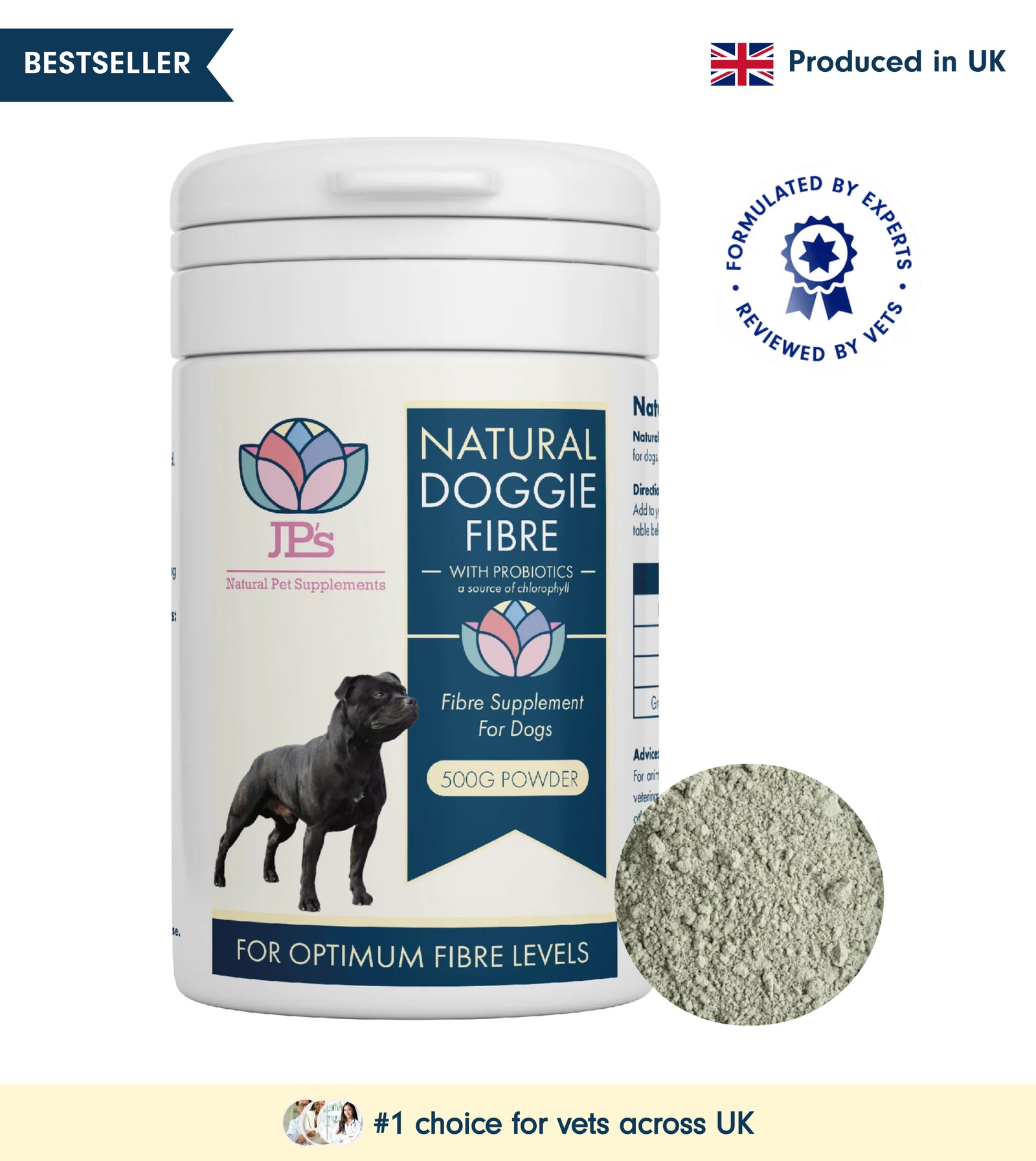
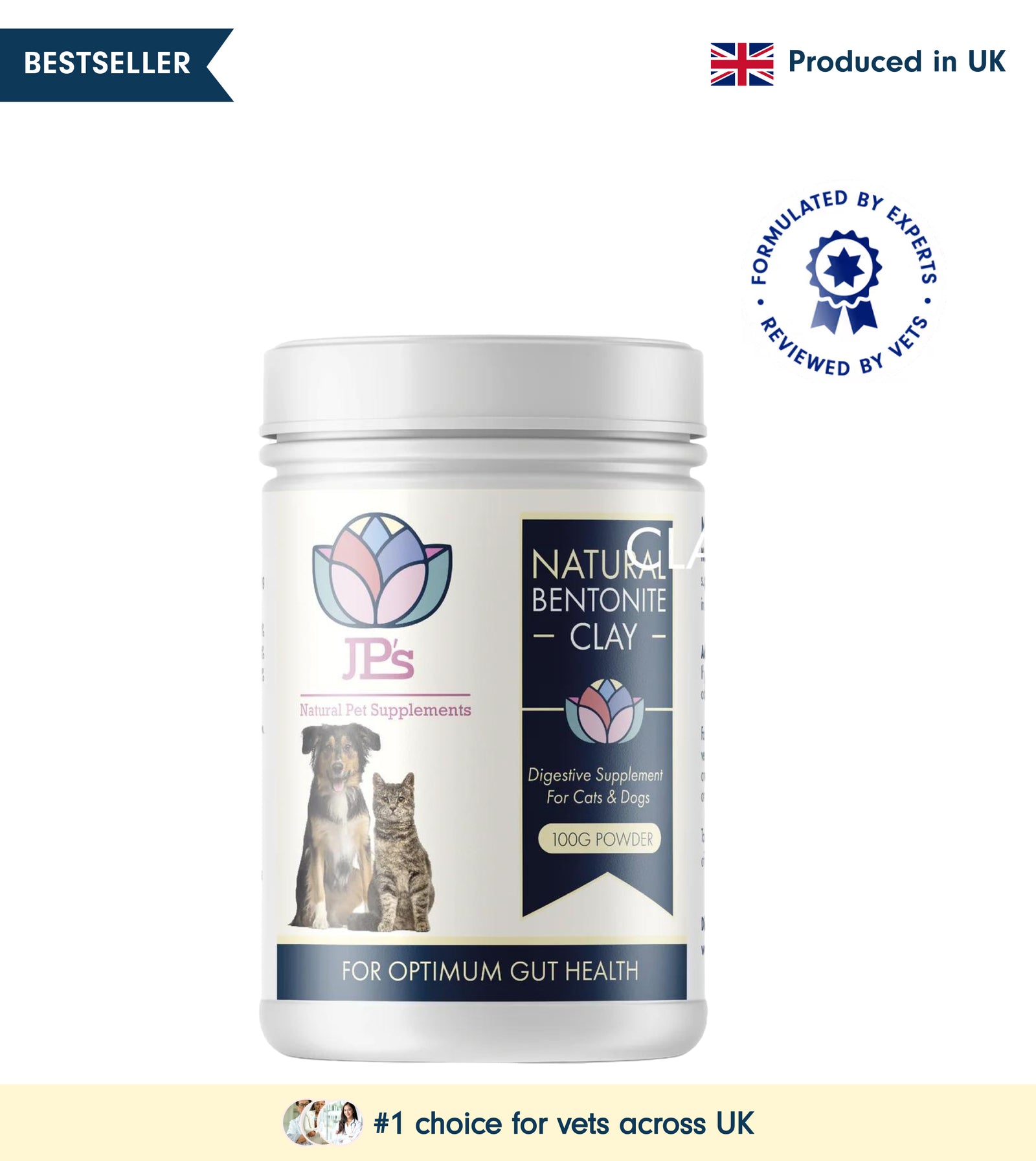
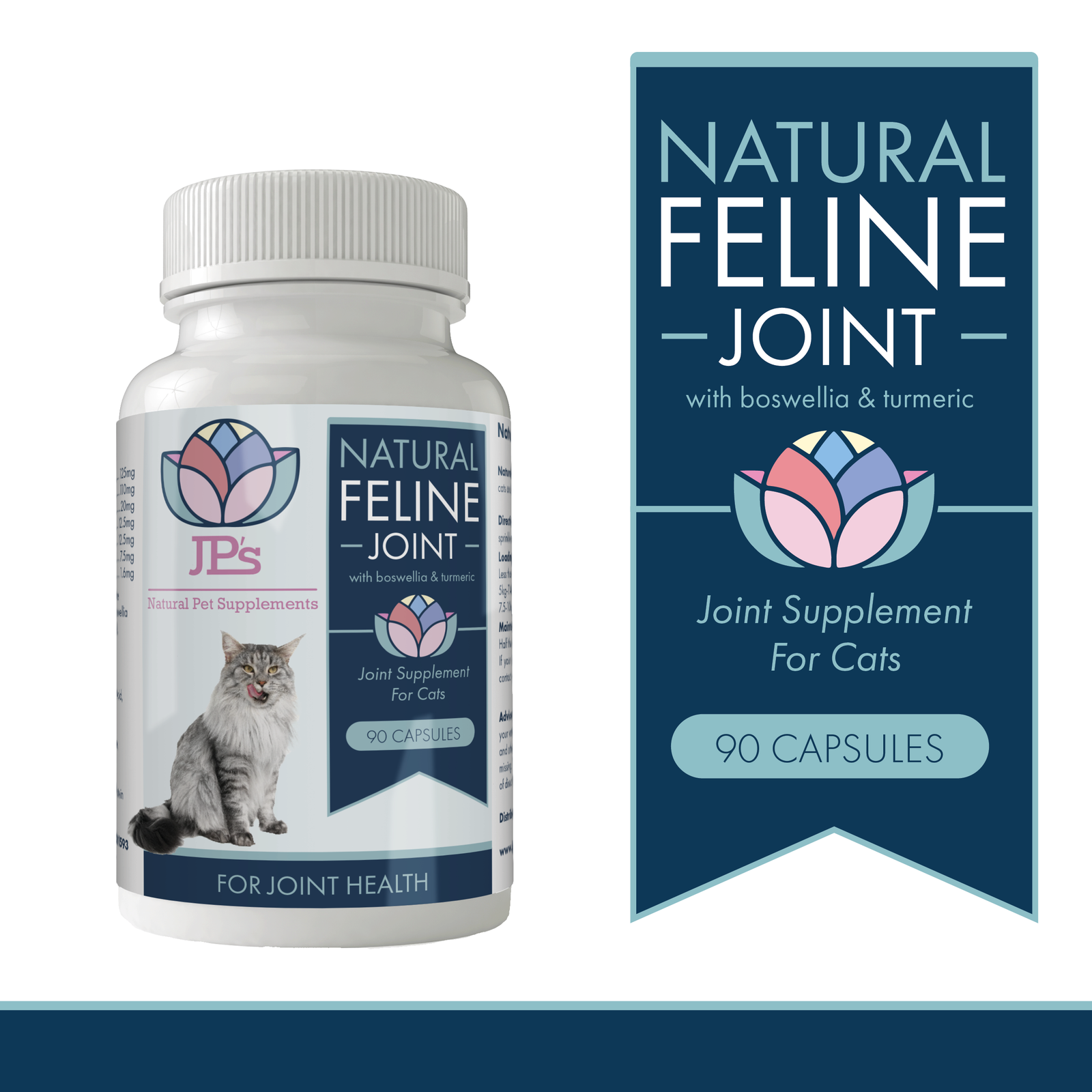
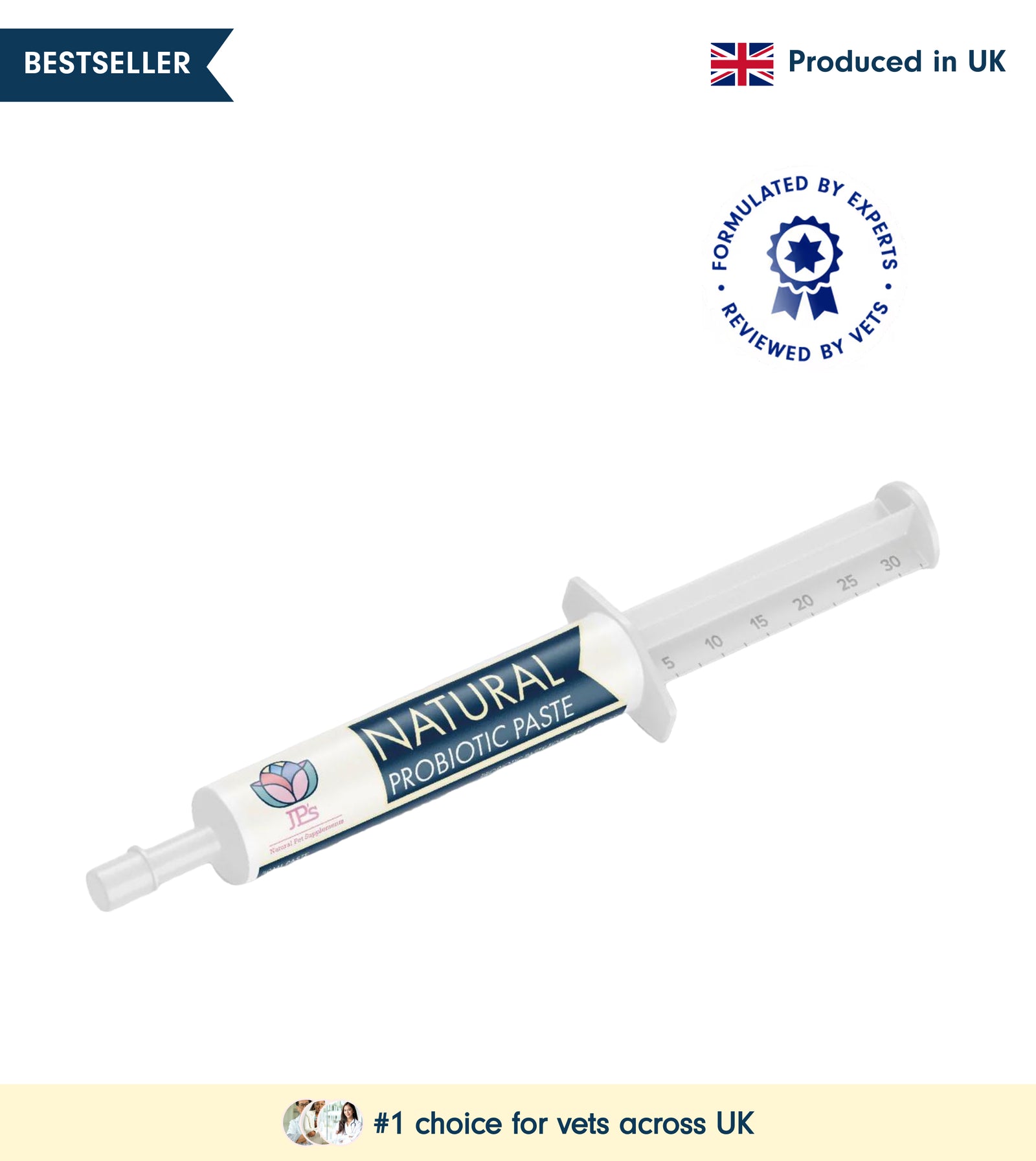
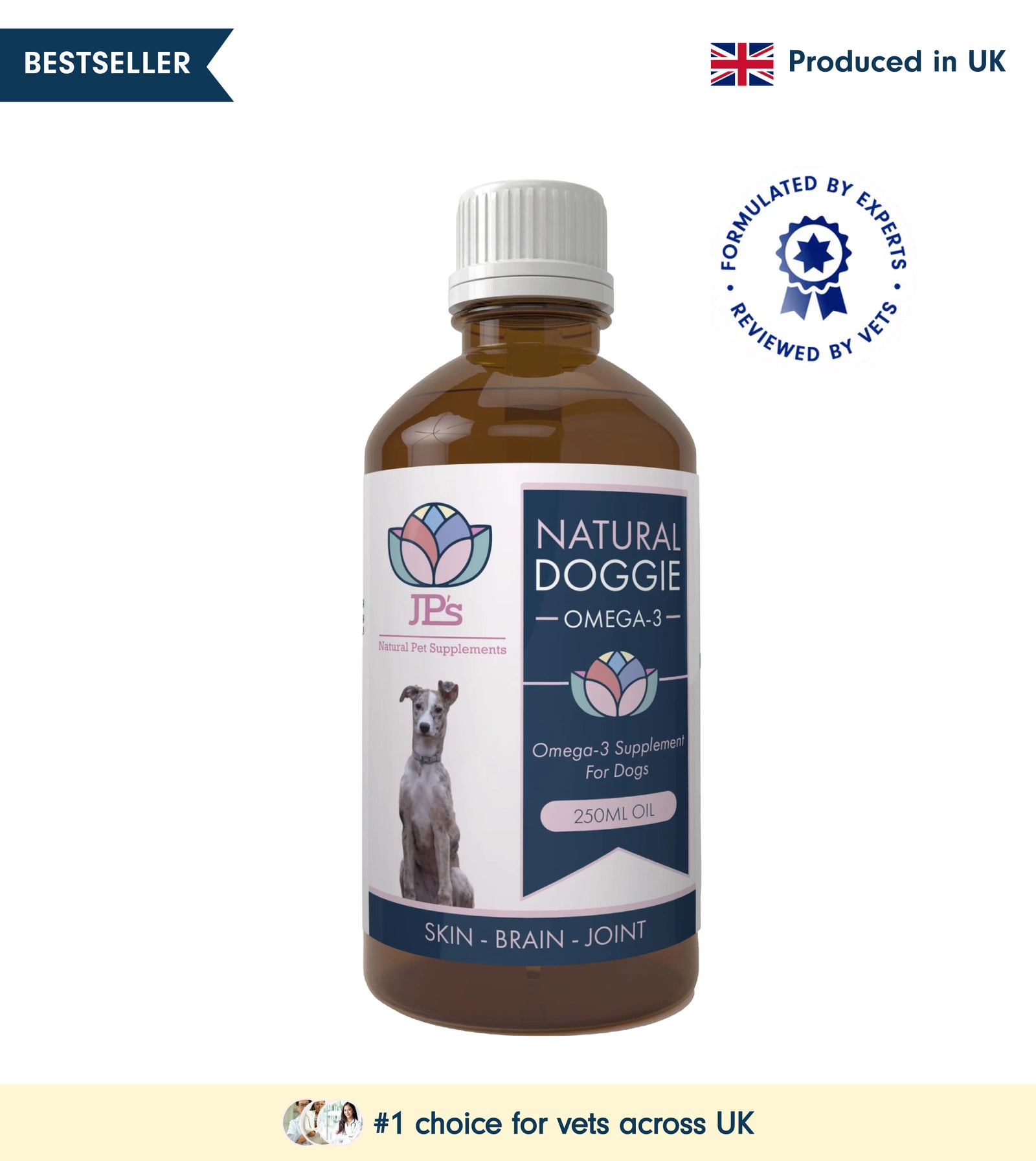
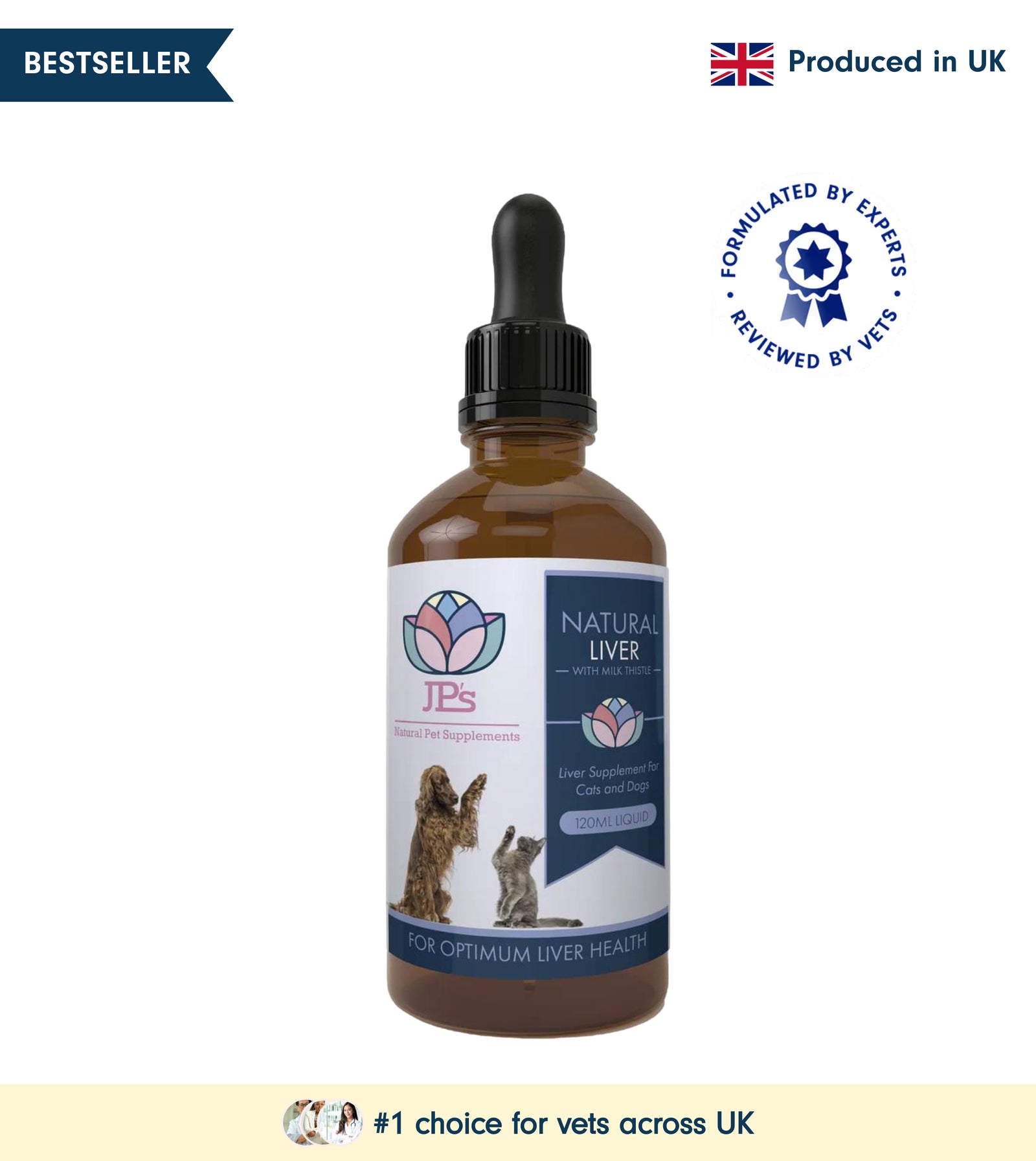
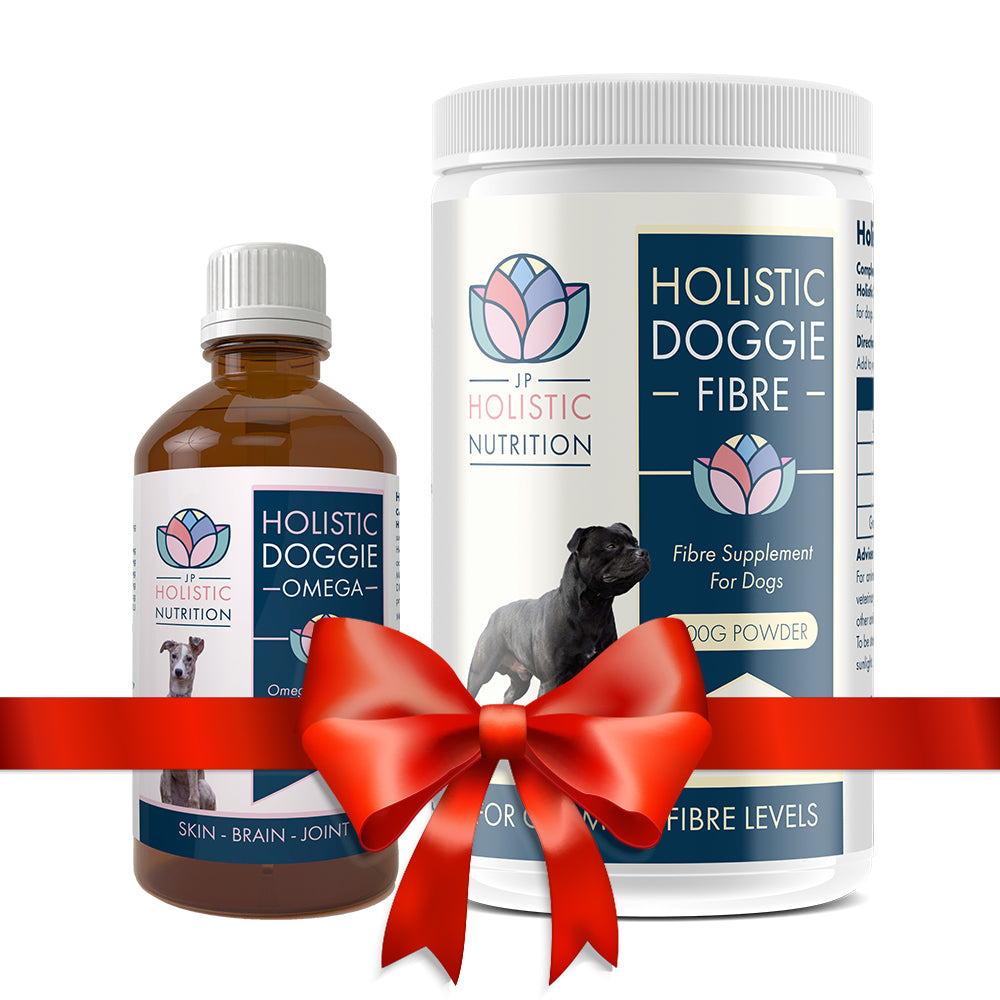
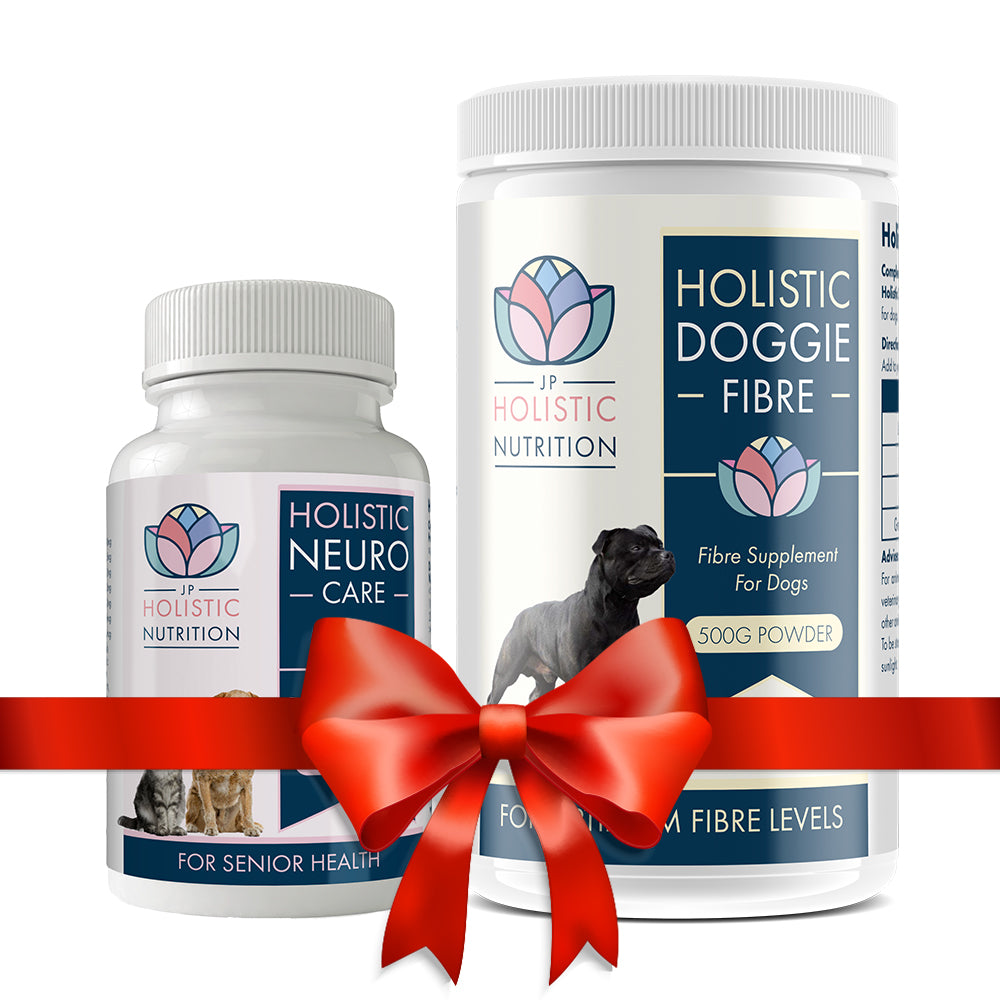
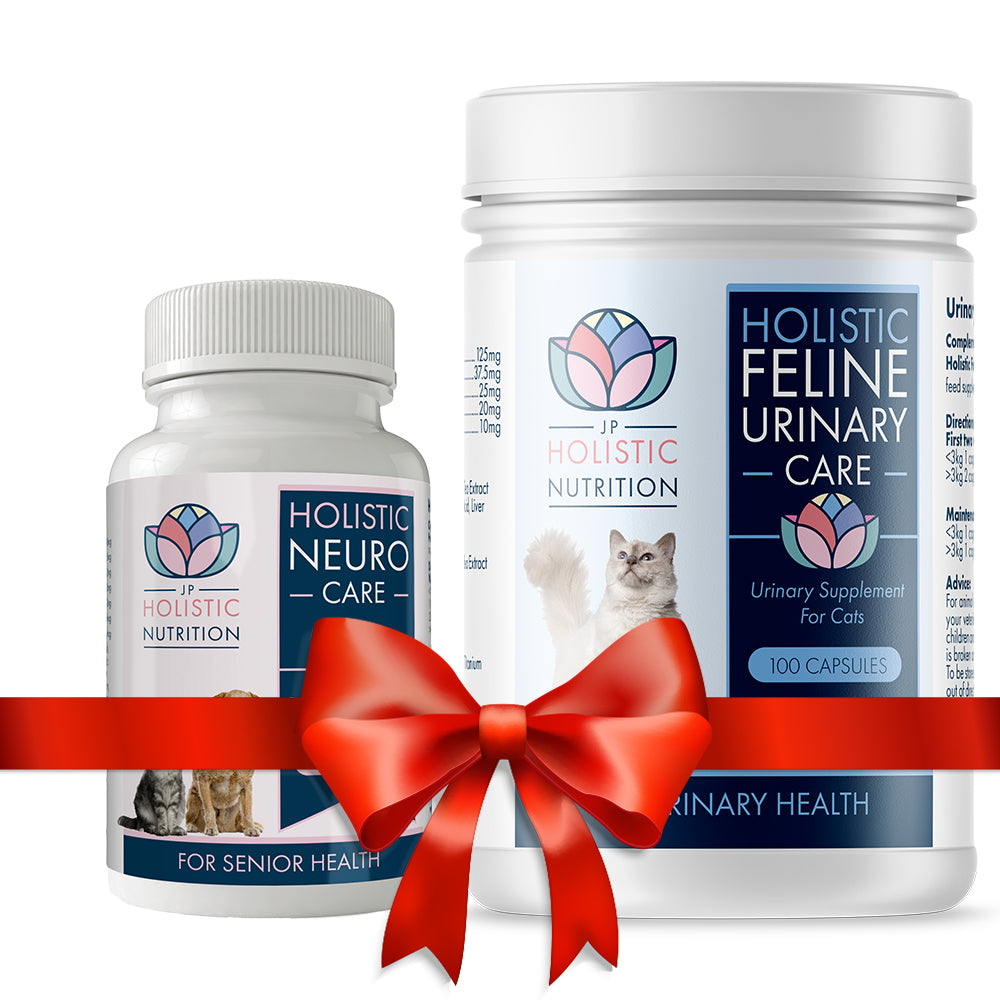
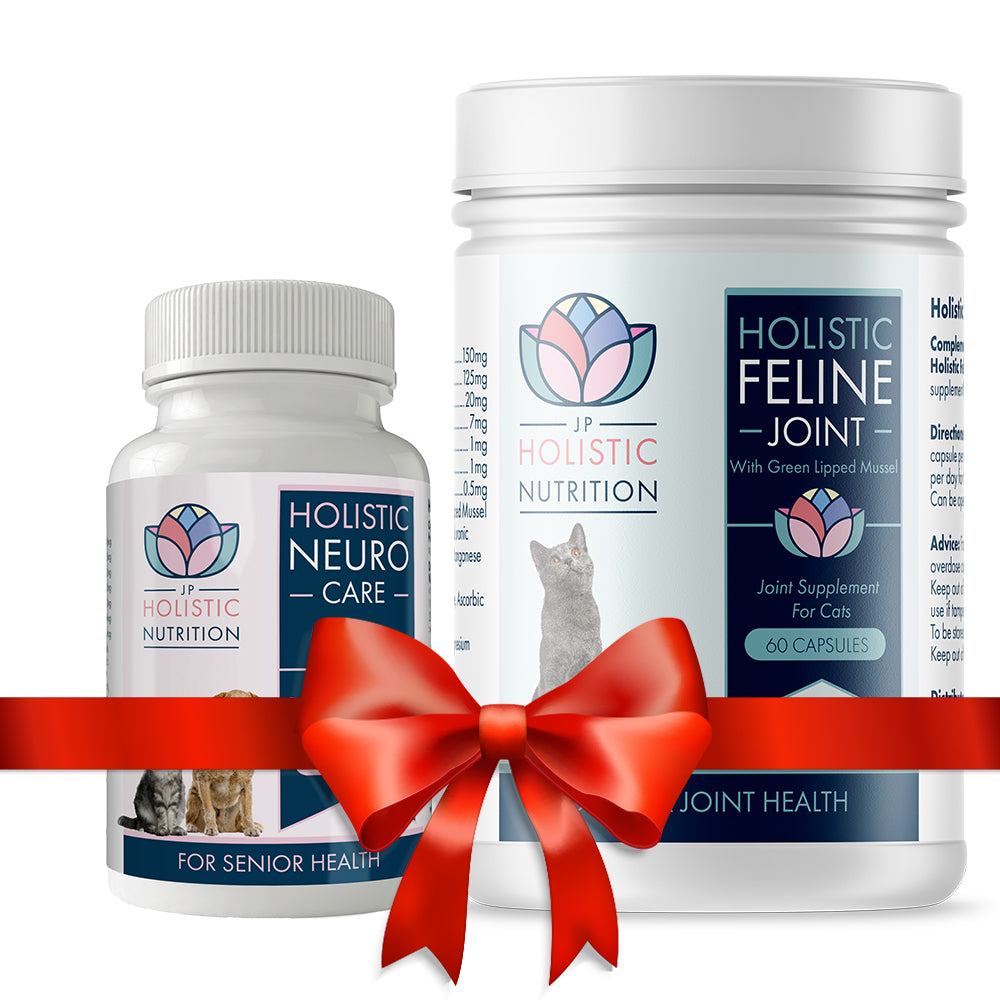




Leave a comment (all fields required)